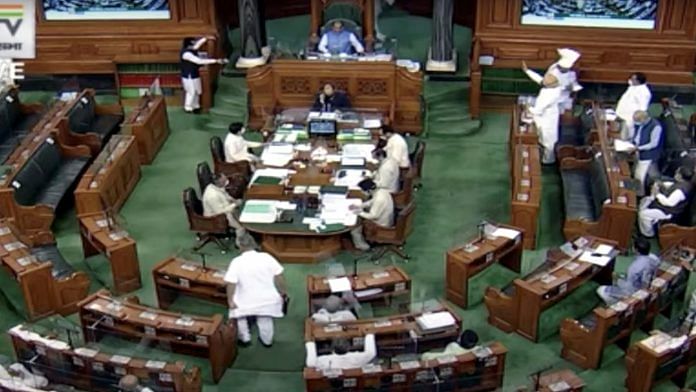There is no globally accepted single definition for youth, and even the aged politicians in India are regarded as ‘youth representatives’. In my opinion, youth can be attributed as an age group that is full of ideas, energy, and enthusiasm and possesses the strength to accomplish whatever it wants to.
Today, India has the largest youth population in the world and yet it is also the group that is least represented in politics. Making young men party members or workers is not enough. They should also be given opportunities to lead and participate in policy-making.
Though the Constitution provides 25 years as the minimum criteria for holding various public offices, society views the young generation as immature, frivolous, and incapable of taking a stand for the good of society and for even themselves. This is evident from the fact that we have very few young leaders in Parliament and state assemblies also. It would be incorrect if we say that this conception has changed in the years after Independence. The average age of Lok Sabha MPs has increased from 47 years in the first general elections to 57 years in the 2019 general elections. Also, a large group of people holds the firm belief that politics is not something that an individual should take up as an occupation.
Several positions of employment in government machinery demand a young population whether it is the appointment of bureaucrats or army staff. But the same age group has to face stiff resistance from other politicians and political parties for representation. If the young people are immature and inexperienced then why they are given the opportunity to become bureaucrats and government officials? Age should not be seen as a basis of preference in politics, capabilities and problem-solving abilities should be the ground for deciding a role in policy-making.
Also read: Meet the young women and men who drafted Congress manifesto for Lok Sabha elections
Performance of global young leaders
There are several examples across the globe that point to the active involvement of youth in governance. Gabriel Boric, the President of Chile is only 36 years old and Sanna Marin, the Prime Minister of Finland, was only 34 when she took the charge. A glimpse at Netherlands, Italy, and Denmark, where youth enjoy active political participation tells us that age doesn’t mark ‘seniority’ and the young generation is capable enough to run the biggest democracy in this world. Understanding a problem and arriving at a consensus requires prudence for which age is not necessary. And if the ‘ignited minds’ are ignored then it will lead to a widening of differences in opinion among the people.
The recent Panchayat elections in Madhya Pradesh are also suggestive that young individuals cannot only contest but also win the elections independently.
Today, every political party takes pride in saying that it has encouraged the role of young generation in politics which is not true in terms of its role in decisions making. The history of progress tells us that tenacity is important for the development that the youth possess. I believe that whether it is a government or a political party, the young generation requires more attention as they will lead the future generations. Many a time this age group has to compromise in the name of the youth wing or as a party worker. However, youth representation should not be confused with barring senior leaders from politics. They have seen a long history and they are the key experience holders in this field. The need is just to balance the representation and power-sharing arrangement among them. For that, it is necessary that senior politicians will have to give up their lust for power, and rather than being spectators, they will have to be a part of this change. India is also expected to witness a major increase in youth voters in the coming years which also brings the need for providing this age group active and responsible role.
The author is a student at Institute for Excellence in Higher Education, Bhopal. Views are personal



